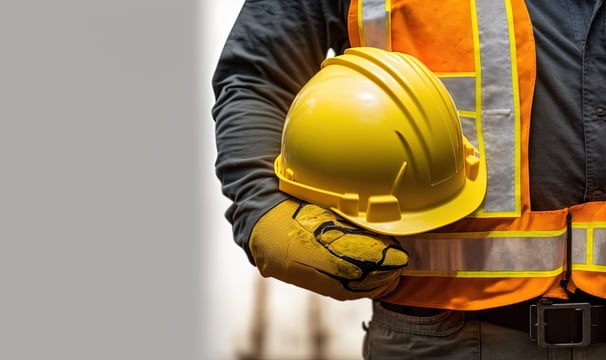How to Maintain Your Gas Pipeline for Long-Term Safety
Gas pipelines are an essential part of any modern home, offering a safe and convenient energy source for cooking, heating, and more. However, to ensure their long-term safety and efficiency, regular maintenance is crucial. Poorly maintained gas pipelines can lead to leaks, inefficiency, and even serious accidents. Here’s a comprehensive guide to maintaining your gas pipeline system for long-term safety and peace of mind.
11/23/20242 min read


1. Schedule Regular Inspections
Routine inspections are a cornerstone of gas pipeline maintenance. A licensed technician can identify potential issues early and ensure that your system complies with safety standards.
Frequency: Aim for an annual inspection or as recommended by your service provider.
Who to Call: Always choose certified professionals specializing in gas pipeline installation and maintenance.
2. Monitor for Warning Signs
Stay vigilant and watch for signs that your gas pipeline might need attention:
Smell of Gas: A rotten egg odor is an immediate warning of a gas leak.
Discolored Walls or Floors: This could indicate hidden leaks.
Unusual Sounds: Hissing noises near gas lines can signal a leak.
If you notice any of these, turn off your gas supply and contact a professional immediately.
3. Keep the Area Around Pipelines Clear
Ensure that the space around your gas pipelines is free from clutter or obstructions. This helps prevent accidental damage and allows for easy access during inspections or repairs.
Avoid placing heavy objects near exposed gas pipes.
Keep flammable materials far from the pipeline system.
4. Install Gas Detectors
Gas detectors are an excellent safety measure, providing early warnings of leaks before they become hazardous. Modern gas detectors are affordable, easy to install, and highly effective in safeguarding your home.
5. Check Appliance Connections
Gas appliances connected to your pipeline, such as stoves, water heaters, and ovens, should be regularly inspected. Ensure:
Connections are secure and free from damage.
Flexible hoses are in good condition and not kinked or cracked.
If you’re unsure, consult a professional specializing in gas pipeline installation to evaluate your system.
6. Protect Outdoor Pipelines
If your gas pipeline extends outdoors, protect it from weather-related damage.
Apply a protective coating to prevent rust and corrosion.
Ensure pipelines are buried or secured to avoid accidental damage during landscaping or construction work.
7. Avoid DIY Repairs
Gas pipelines are complex systems, and attempting to fix issues yourself can be dangerous. Always hire a certified professional for repairs, replacements, or modifications.
8. Replace Aging Pipelines
Over time, gas pipelines may degrade due to wear and tear. If your system is old or shows signs of corrosion, consider replacing it.
Use high-quality materials like steel or copper for durability.
Work with a trusted gas pipeline installation service for the upgrade.
9. Educate Your Family
Everyone in your household should know basic gas safety practices, including:
How to detect a gas leak.
The location of the main gas shut-off valve.
Emergency contact numbers for your gas service provider.
10. Keep Records of Maintenance
Maintain a log of inspections, repairs, and upgrades. This can help track the condition of your gas pipeline system and provide valuable information during future service calls.
Benefits of Regular Maintenance
Enhanced Safety: Reduces the risk of leaks and accidents.
Increased Efficiency: Ensures consistent gas supply to your appliances.
Cost Savings: Prevents expensive emergency repairs and energy wastage.
Longevity: Extends the lifespan of your gas pipeline system.
Final Thoughts
Proper maintenance of your gas pipeline is essential for ensuring the safety, efficiency, and longevity of your home’s energy system. By following these tips and working with professionals, you can avoid potential hazards and enjoy a reliable gas supply for years to come.
Contact US Today:
Email: info@vaultgaspipeline.site
Phone:
+91 8522 09 2525
+91 95155 92020


Quick Links:
Services
Our Process
Why Choose us
Contact us
Our Services:
Gas Pipeline Installation
Gas Pipeline Maintenance
